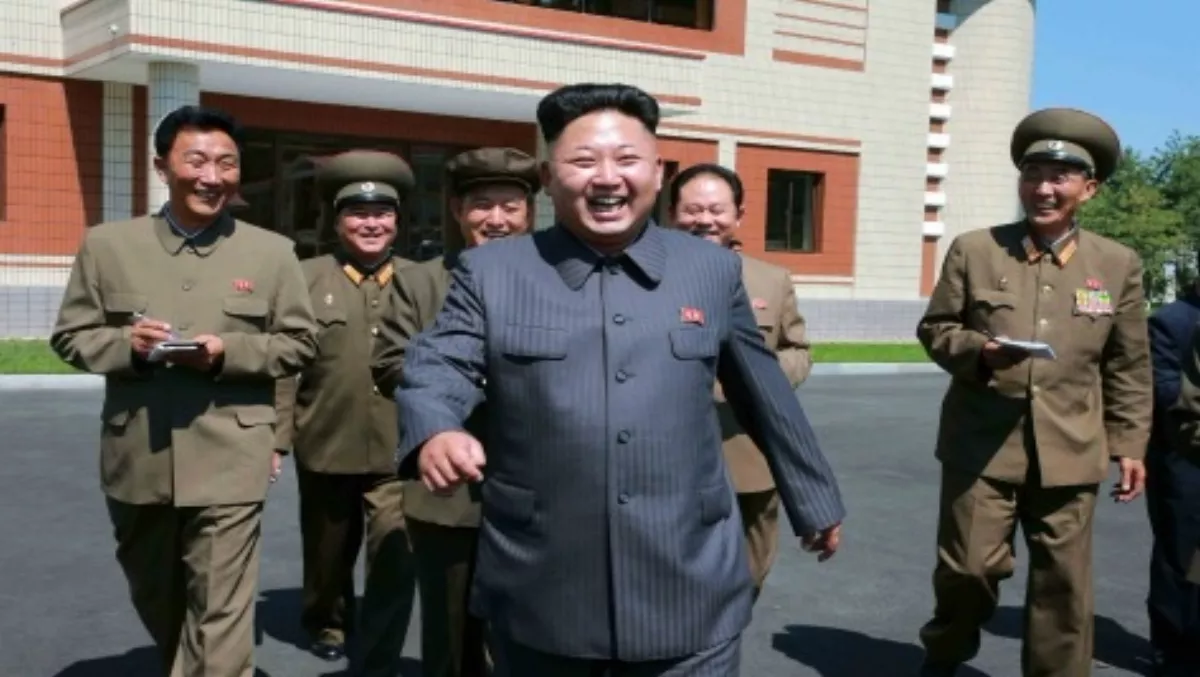
Foreigners denied Facebook and Twitter as North Korea orders blanket ban
Authorities in North Korea last week imposed a blanket ban on access to social media networks Facebook and Twitter throughout the state.
While internet access is already blocked to most North Korean locals, the blanket ban ends access to services previously available to diplomatic missions and international humanitarian organisations.
This is the first time that Pyongyang has blocked all foreigners from accessing social media sites. Those from foreign embassies and international organizations had been an exception from the ban if they had been approved by the North Korean government.
The new ban to Facebook and Twitter is North Korea’s latest crackdown on communications. In September, authorities banned foreigners working in the country from using Wi-Fi. The state authorities said that Internet access by foreigners was a threat to national security, adding it would impose heavy fines on violators.
Pyongyang has not made any official statement regarding the latest crackdown on foreigners.
Installment of wireless and communications satellite systems by foreign missions must be coordinated with local authorities in line with national law regulating radio frequencies.Most North Koreans don't have access to a computer, and those who do are restricted to a nationwide intranet available through universities, libraries and other state-run establishments. For locals denied internet access, the domestic network known as Kwangmyong is the only source of information. Government propaganda, information about science, technology and culture can be found on the intranet.
It is unclear whether the new blanket ban is temporary or permanent.
Access to outside information is tightly curtailed by the government, which jams foreign radio broadcasts and restricts international phone calls and texts. North Korea is consistently ranked among the worst counties for press freedoms and human rights.


